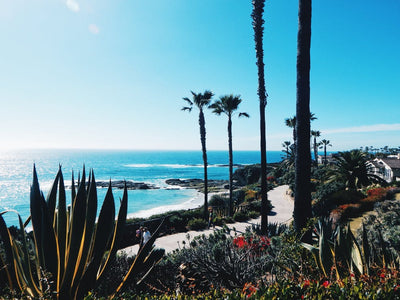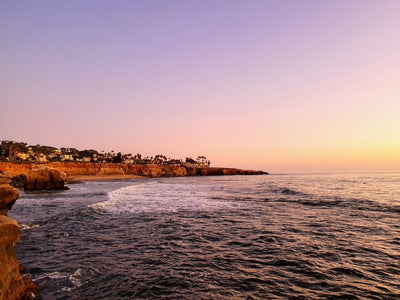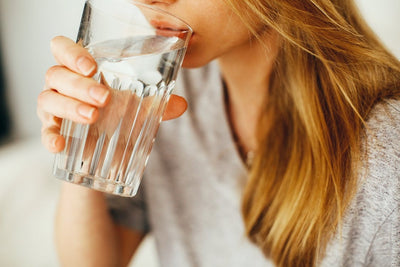The state of South Carolina is known for its huge water supply, having some of the best subtropical beached and marsh-like Sea Islands. South Carolina has one of the biggest populations, ranked 23 in all states and supplies water from lakes, wells, and rivers. According to hydra flow, 80% of the public water system makes use of surface water as a drinking water source and 20% use private wells and ground water.
Unfortunately, South California faces some drastic water quality issues that may affect its supply. South Carolina and many other states have also put a ban on salt water softeners due to its harmful side effects impacting the population and supply of water. To learn more about the water quality issues South Carolina faces and the ban on salt water softeners, read further below.
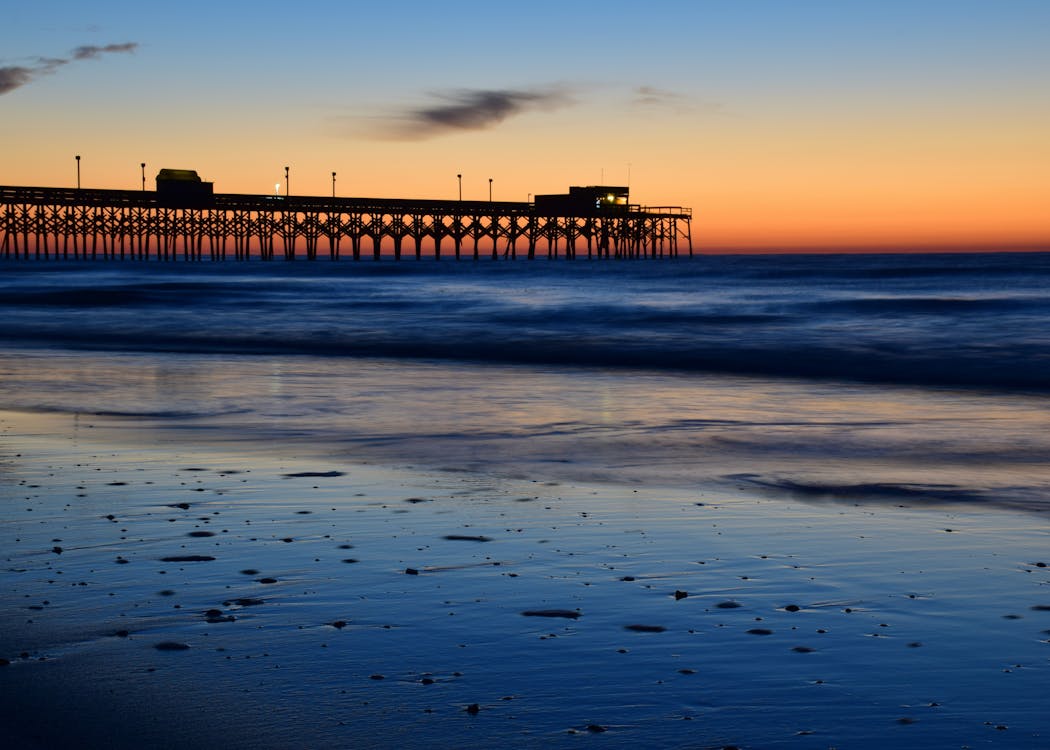
South Carolina Ban on Salt Water Softeners
Salt water softeners are a big no in many states of America as it has a harmful impact on people and the environment. Water softeners use minerals such as sodium to replace the ions present in water. Hard water is very rich in minerals like magnesium, silica and calcium. All these minerals cause major issues that effect surface water fixtures and pipes in your homes.
These piers starts building up and get clogged. Whenever lime scales grow on heating elements, they affect their performance. The mineral sodium has a much weaker charge compared to calcium and magnesium. With ions that aren’t attracted to each other, water softeners use sodium to replace hardness. Hence, no exchange takes place.
Once salt is added to a water softener it clogs to the beads of a resin bed. However, when water enriched in magnesium and calcium flows through water softeners, the resins that are negatively charged attract the positively charged ions. The sodium ions tend to get displaced since the ions had a strong positive charge compared to sodium ions, leading to a natural exchange in magnesium and calcium.
One of the main reasons why so many states including South Carolina have banned salt water softeners is because they aren’t eco-friendly and have a bad impact on the environment. Salt that is generally discharged from different home and business outlet sources into fresh water sources like rivers and streams cause major damage to aquatic and water life in South Carolina and around the world. Unfortunately, many city wastewater facilities don’t have proper systems that help remove added salt from the water.
Because of this, it causes a major impact on water supply especially for agriculture since this depends on the repurposed water coming from wastewater facilities. So, the water supplied for agriculture is supersaturated because of the amount of sodium added, and it tends to damage all crop yields.
Salt water softeners are a massive threat to the agriculture of any state including South Carolina, and in order to provide enough food and jobs to the people of South Carolina, banning salt water softeners proved to be the right decision.
There are many examples of different states banning salt water softeners such as the state of Texas who introduced a statewide ban in 2001. California by law has completely banned the use of salt water softeners issued by the California regional water quality control board.
Considering the intense drawbacks salt water softeners bring, many states continue to ban salt water softeners.
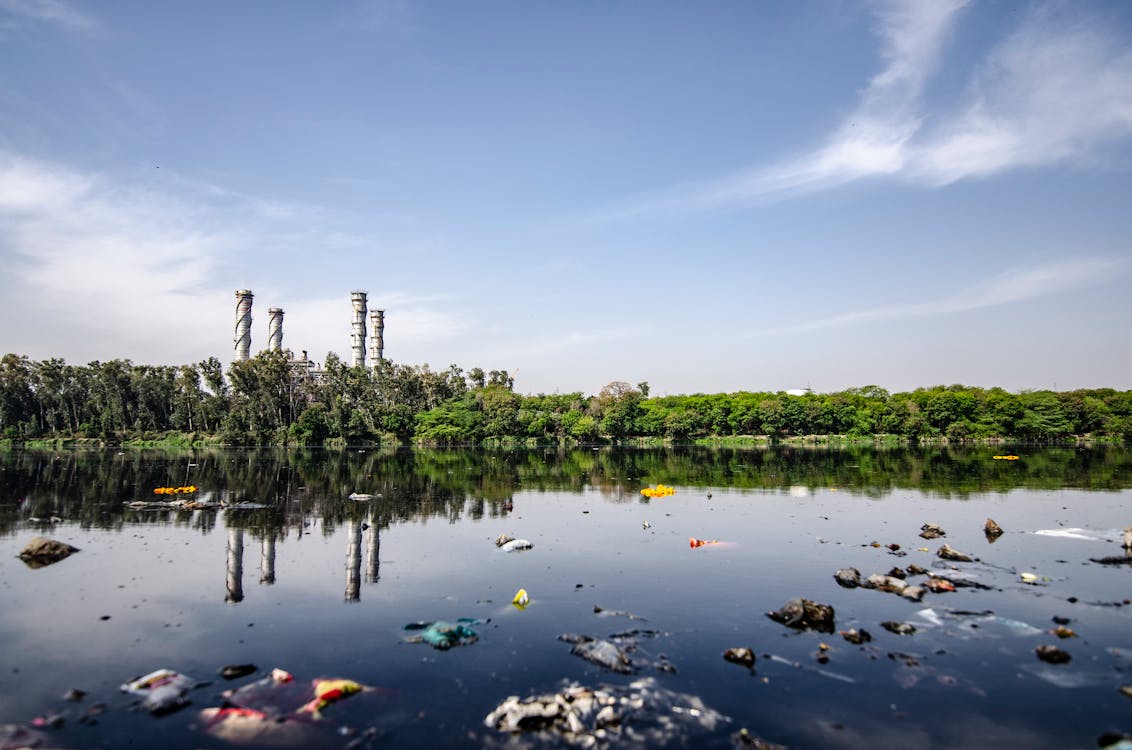
South Carolina Water Quality Issues
Unfortunately, South Carolina struggles with poor water quality issues and has been working towards solutions that may be improving the water quality. South Carolina has a water hardness of 25PPM on average, which is considered to be extremely low. The water hardness is even lower in the state capital Colombia, which is at 11 PPM according to the USGS water hardness measures. Charleston’s has a water hardness of 29 PPM being the most populous city of South Carolina.
Extreme low water hardness affects the manufacturing industry in South Carolina. The manufacturing business is a big deal in South Carolina as the state is home to some of the best manufacturing, agribusiness and technology companies. Most of the economical revenue is transferred from these industries.
During product processing, most of the manufacturing plants require water, and with the help of cooling towers and HVAC system, the operations are under control. However, in some manufacturing plants, the water hardness level goes up to 300 PPM and this affects expensive manufacturing business, leading to a great loss in efficacy.
Other than water hardness, water pollution is another great concern. According to the Carolina Clear Clemson Extension program, around 1,150 waterways in South Carolina are impaired due to the amount of pollution in these waterways. Water pollution in South Carolina mostly derives from the application of fertilizers, spills and dumping oil, runoff water from storms, pet waste, Litter, washed off leaves, dirt for rooftop and many other things. These are all a massive threat to the water quality in South Carolina and other states in the United States of America.
Depending on the type of water source, there are many solutions offered by South Carolina and its residents. Mentioned below are a few solutions:
- Test Your Portable water supply
- Add awater filtration system
- Reverse osmosis
- Hydropath technology
Takeaway
With the right methods put in place by the authorities, and by playing your part as a citizen, you won’t have to worry about having inferior quality water anymore. Stay informed about the water issue in your state, and what you can do with the help of some blogs at fitlersmart.com. You will find some of the best and safe water filters here.







